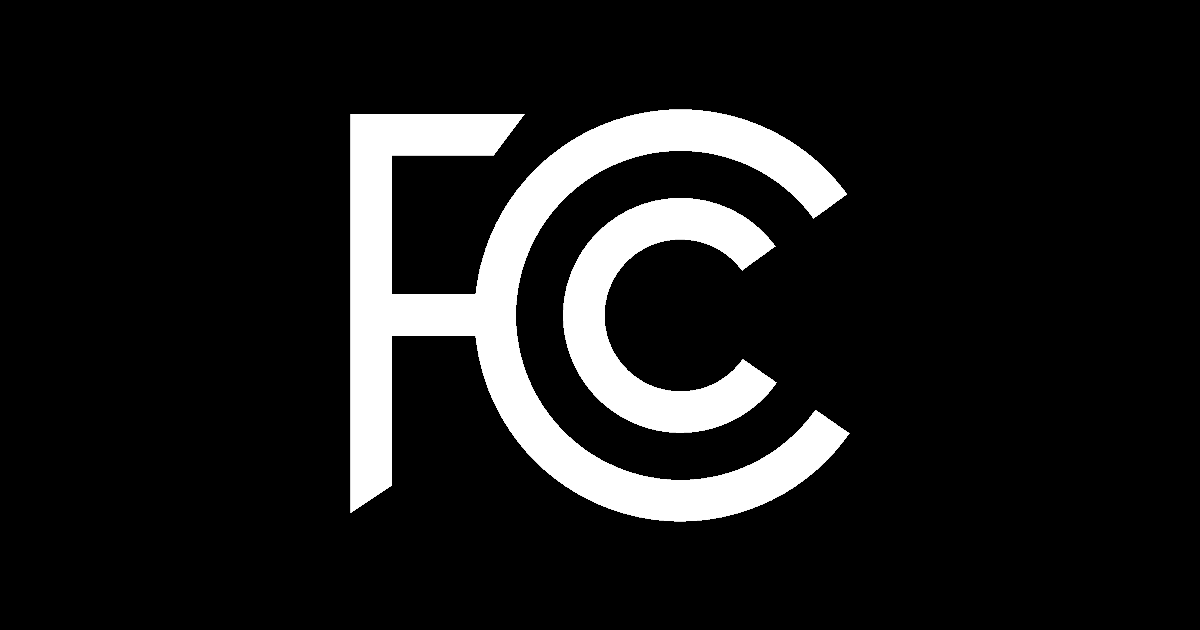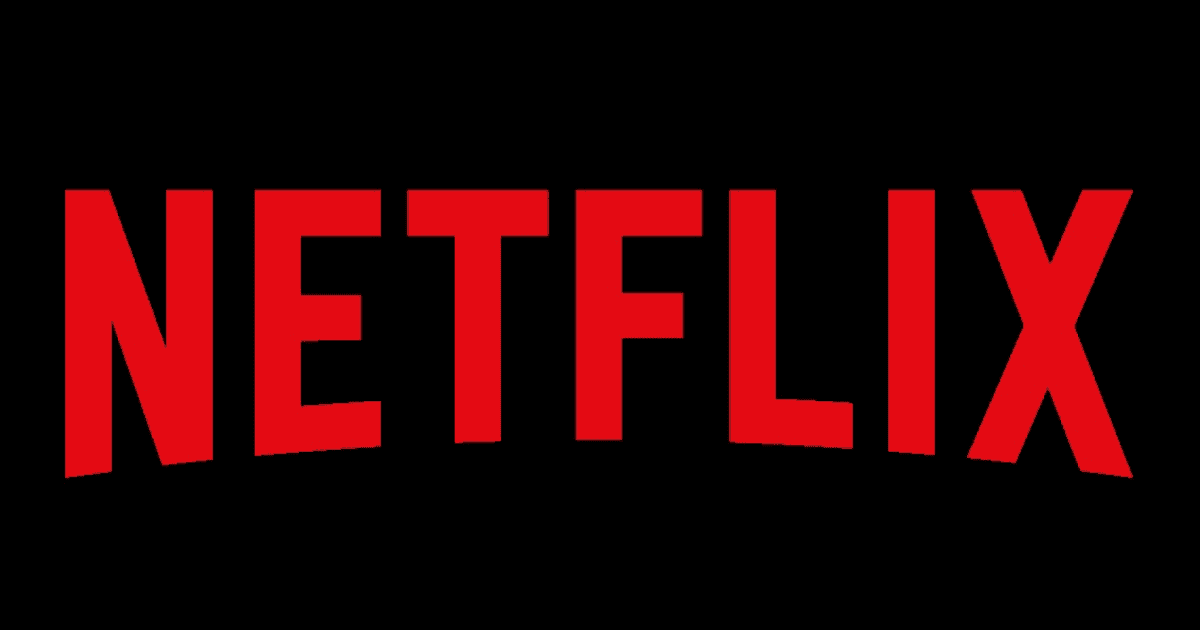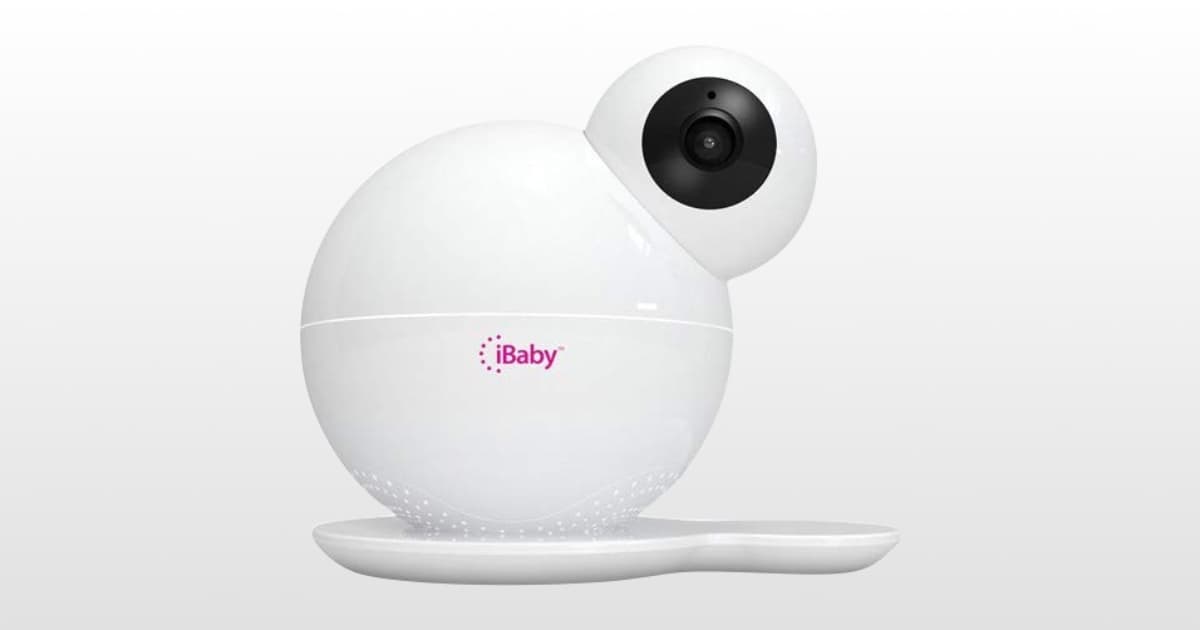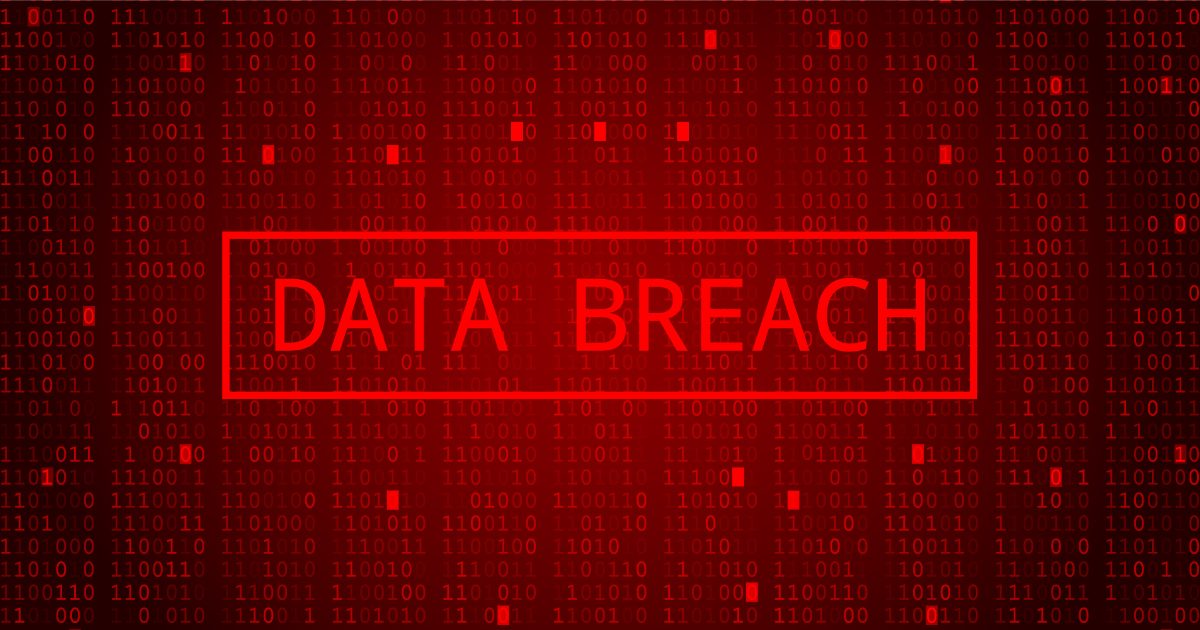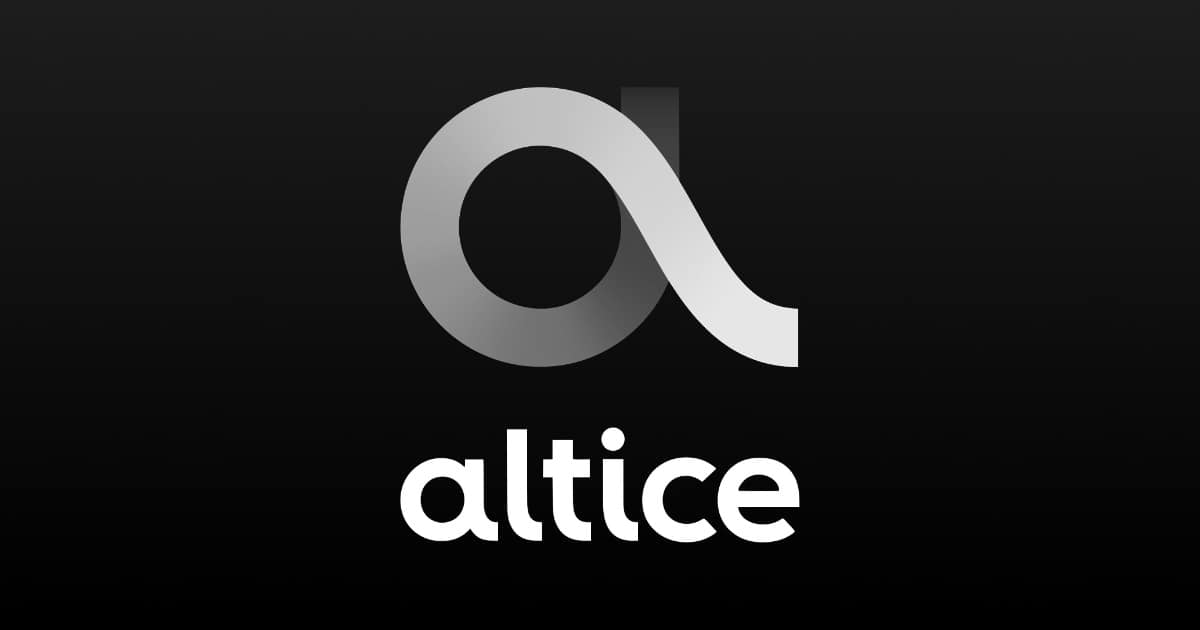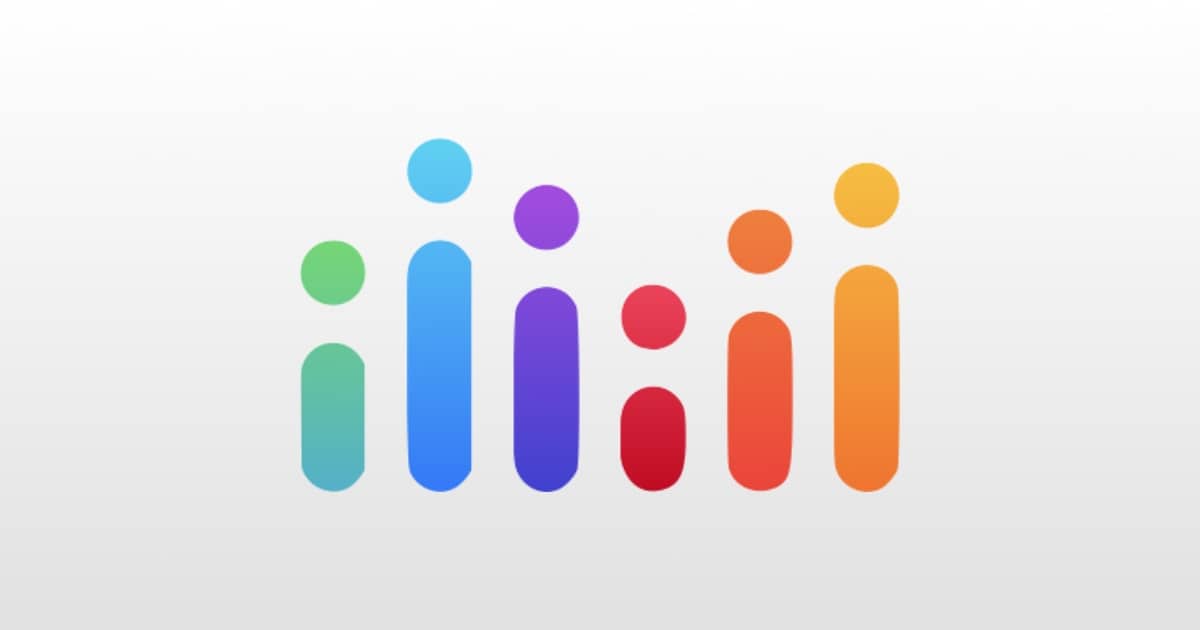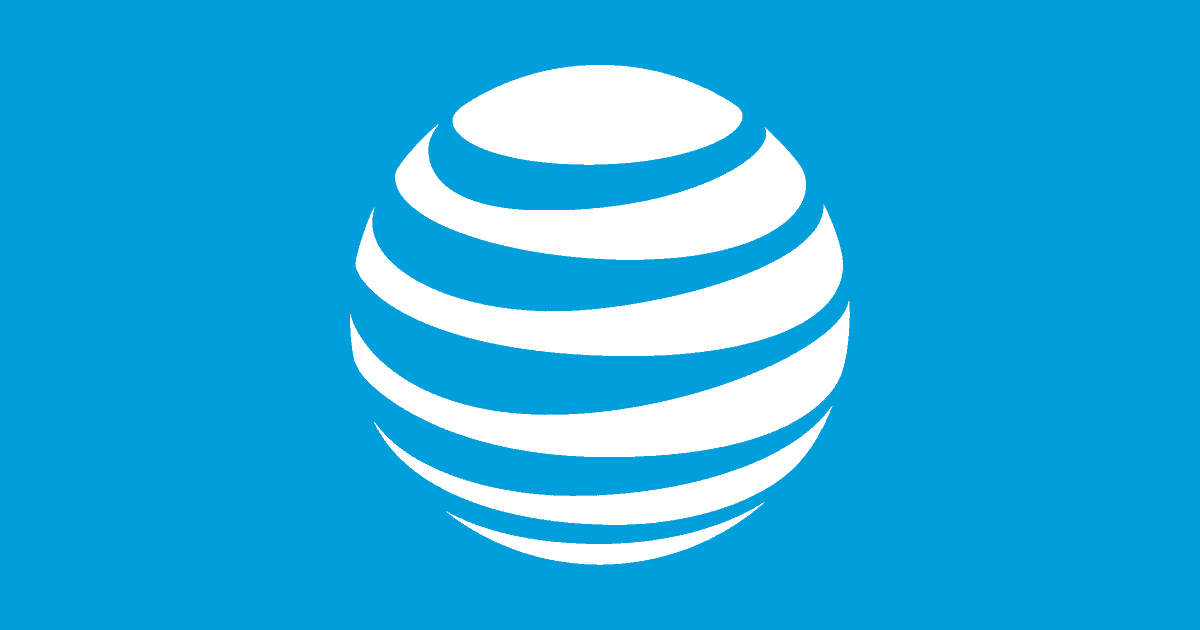The FCC is preparing to fine four major cellular carriers roughly US$200 million for selling location data of customers.
Articles by Andrew Orr
MI5 Chief Wants ‘Exceptional Access’ to Encrypted Messages
Sir Andrew Parker is the head of MI5, the UK’s domestic security service. He wants tech firms to provide “exceptional access” to encrypted messages.
In an ITV interview to be broadcast on Thursday, Sir Andrew Parker says he has found it “increasingly mystifying” that intelligence agencies like his are not able to easily read secret messages of terror suspects they are monitoring.
Bah, this is smoke and mirrors. As the head of a security agency he knows that restricting backdoors to the good guys is impossible.
What Impact Does Watching Netflix Have Climate Change?
Despite what mainstream media wants you to think, the outcome is mostly still unclear when it comes to Netflix binging.
On one hand, the paper reports, strides in data center efficiency have mostly kept pace with growing demand for data, meaning that in the last decade the total amount of energy consumed by the centers has not changed much—around 1% of global energy use. That’s about the same as 18 million US homes.
On the other hand, it’s clear that we’re approaching a limit to squeezing out more efficiency—especially given the rise of data-ravenous artificial intelligence.
What I find annoying about the debates around climate change is how a lot of mainstream media are trying to blame people. Like blaming their Netflix binging instead of reporting the facts like 100 corporations are responsible for 71% of emissions. Sure, Netflix wouldn’t exist without its users, but I think it’s important to focus on how much more damage a corporation does than an individual.
Apple Reportedly Plans iPad Keyboard With Trackpad
A report today claims that Apple plans to introduce an iPad keyboard with a built-in trackpad, and we could see it with the next iPad Pro.
Facebook Sues OpenAudience for Improperly Harvesting Data
Facebook filed a federal lawsuit in California against OneAudience, saying it improperly harvested its user data.
The social media company claims that OneAudience harvested users’ data by getting app developers to install a malicious software development kit, or SDK, in their apps. SDKs are packages of basic tools that make it easier and faster for developers to build their apps.
Oddly, Facebook isn’t suing itself.
Airbnb’s Secret Algorithms Plunder Your Social Media
Airbnb uses a secret algorithm to figure out how trustworthy you are, and it mines your social media for sex work, porn, drugs, and more.
China Says That Plague Inc. Game is Illegal, Gets Removed From App Store
Ndemic Creations, the creator of the popular game Plague Inc. received a warning from China that the game contained illegal content.
Photo App Neural Cam Moves to Subscription
Neural Cam promises to give you Night Mode photos even if you don’t have the latest iPhones. It costs US$4.99 up front and recently moved to a subscription of US$4.99/month or US$35.99/year.
I’ve never used the app but people are saying the app is taking away features that people had paid for and locking it behind a subscription, a clear violation of App Store Review Guidelines, section 3.1.2(a).
Update: NeuralCam reached out to me to clarify: The Pro Pack is optional and only adds features for Pro users who subscribe. There’s also an additional 12-month introductory price at US$2.99/month. Finally, no features will be taken away from existing users.
Here’s Why You Shouldn’t Worry About Apple Watch AFib Detection
The Apple Watch is a Class II medical device which puts it in the same category as condoms. Here’s why you shouldn’t worry about its AFib detection.
iBaby Monitors Can be Exploited by Hackers
Parents using an iBaby Monitor M6S should be aware it has multiple security problems that open it up to hackers.
That means any ne’er-do-well can purchase an iBaby monitor and use it to access files from every iBaby monitor. Unbelievable? Believe it. For legal reasons, the Bitdefender researchers did not access data belonging to other real-world users. Instead, they set up a second test device and verified access.
NSA Spy Program Cost Taxpayers $100 Million and Was Overall Useless
Form 2015 to 2019 the National Security Agency (NSA) collected Americans’ domestic phone calls and texts. The program cost US$100 million but only one investigation was able to make use of that data.
Moreover, only twice during that four-year period did the program generate unique information that the F.B.I. did not already possess, said the study, which was produced by the Privacy and Civil Liberties Oversight Board and briefed to Congress on Tuesday.
“Based on one report, F.B.I. vetted an individual, but, after vetting, determined that no further action was warranted,” the report said. “The second report provided unique information about a telephone number, previously known to U.S. authorities, which led to the opening of a foreign intelligence investigation.”
Someone Stole Clearview AI’s List of Clients
Clearview AI gained notoriety for partnering with law enforcement on facial recognition, using its database of billions of scraped images from the web. But someone just stole its list of clients.
…Clearview AI disclosed to its customers that an intruder “gained unauthorized access” to its list of customers, to the number of user accounts those customers had set up, and to the number of searches its customers have conducted. The notification said the company’s servers were not breached and that there was “no compromise of Clearview’s systems or network.”
Meanwhile, law enforcement on end-to-end encryption: “Who needs that kind of encryption, other than maybe the military? We don’t even — in law enforcement — use encryption like that.”
5 Mint Alternatives You Can Use For Your Financial Needs
We’ve found five Mint alternatives if you want an app to manage your finances, or you’re a Mint user and you’re looking for something new.
Could iPhone 12’s Fast 802.11ay Wi-Fi Be For AR Glasses?
The iPhone 12 is rumored to get support for 802.11ay, a high speed and low latency Wi-Fi standard. Jason Cross posits that it could be used for Apple’s AR glasses.
The alternative is to make the headset a relatively dumb set of displays and cameras, with all the processing happening on some sort of base station—like your new iPhone 12. An ultra-high speed, super low-latency connection like that provided by 802.11ay is a necessity to make that work.
A popular thought is that Apple Glasses will be an iPhone accessory like Apple Watch is (or, started out) with most or all of the processing happening on the iPhone.
Altice One Cable Service Launches on Apple TV
Cable company Altice USA announced the launch of Altice One on Apple TV 4K. Customers get it as part of their subscription plan.
Apple Research App Supports AirPods Pro in Hearing Study
The Apple Research app was updated on Tuesday with support for AirPods Pro in its Hearing Study, which partners with the University of Michigan.
When You Download Facebook Data, it Doesn’t Show Everything
Facebook isn’t being completely truthful about the data available in its “Download Your Information” feature. Some information is left out.
Privacy International recently tested the feature to download all ‘Ads and Business’ related information (You can accessed it by Clicking on Settings > Your Facebook Information > Download Your Information). This is meant to tell users which advertisers have been targeting them with ads and under which circumstances. We found that information provided is less than accurate. To put it simply, this tool is not what Facebook claims. The list of advertisers is incomplete and changes over time.
As Privacy International points out, this is in violation of GDPR because Facebook doesn’t let you see all of the advertisers that have your data.
AT&T’s Mandatory Arbitration Clause Deemed Illegal
A panel of judges in the U.S. Court of Appeals for the Ninth Circuit ruled that AT&T’s mandatory arbitration clause is unenforceable.
AT&T appealed that ruling to the US Court of Appeals for the Ninth Circuit, but a three-judge panel at that court rejected AT&T’s appeal in a ruling issued Tuesday. Judges said they must follow the California Supreme Court decision—known as the McGill rule—”which held that an agreement, like AT&T’s, that waives public injunctive relief in any forum is contrary to California public policy and unenforceable.”
The ruling can be found here [PDF].
FTC Sends Refund Checks to Victims of Tech Support Scams
The Federal Trade Commission will send refunds to tech support scams totaling US$1.7 million. The scam operated under Click4Support, claiming to be from companies like Apple and Microsoft.
The FTC will begin providing 57,960 refunds averaging about $30 each to victims of the scheme. Most recipients will get their refunds via PayPal, but those who receive checks should deposit or cash their checks within 60 days, as indicated on the check.
Santa Clara University Supports iPhone, Apple Watch for Contactless IDs
Santa Clara University students can now add their contactless IDs to Apple Wallet to use their iPhone and Apple Watch in place of a card.
Apple’s “Secret” Monopoly
Will Oremus wrote an essay on Medium in which he argues that Apple is a monopoly, specifically when it comes to the App Store. I think a few good arguments could be made in support of this accusation. But my opinion lies with this quote:
Apple’s platform is significantly less open than Google’s: Unlike its rival, Apple doesn’t allow any app stores on the iPhone other than its own, and it doesn’t allow users to “sideload” apps downloaded from the web or elsewhere. The company says its goal is to ensure users can trust every app they download; allowing unapproved apps could expose users to privacy violations or malware.
The App Store isn’t perfect, but I believe it contains far fewer malware than Google’s Play Store. Apple’s restrictions also make it better for privacy, and thus better for people. I think price is a better argument than the walled garden. Or, I at least have more sympathy for indie developers rather than billion-dollar competitors to Apple.
Review: Scosche BaseLynx Modular Charger
The BaseLynx Modular Charging System by Scosche is perfect for those of us with multiple Apple devices. Here is Andrew’s review.
Apple Publishes White Papers on Mac Pro, Pro Display XDR
Apple has published two white papers that cover the Mac Pro and the Pro Display XDR, with details on each product’s features and hardware.
Apple, Johnson & Johnson Launch ‘Heartline’ Study
Apple and Johnson & Johnson partner on the Heartline study to determine if the accompanying app as well as Apple Watch can reduce the risk of a stroke.

